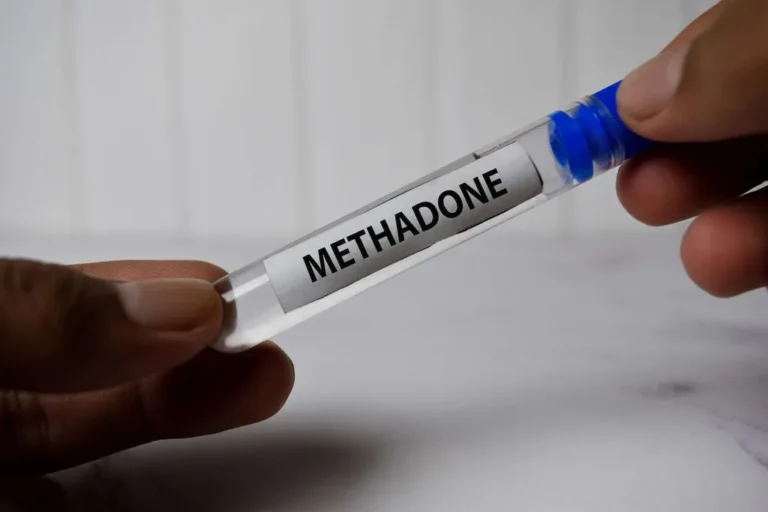What Happens When You Stop Drinking Alcohol?
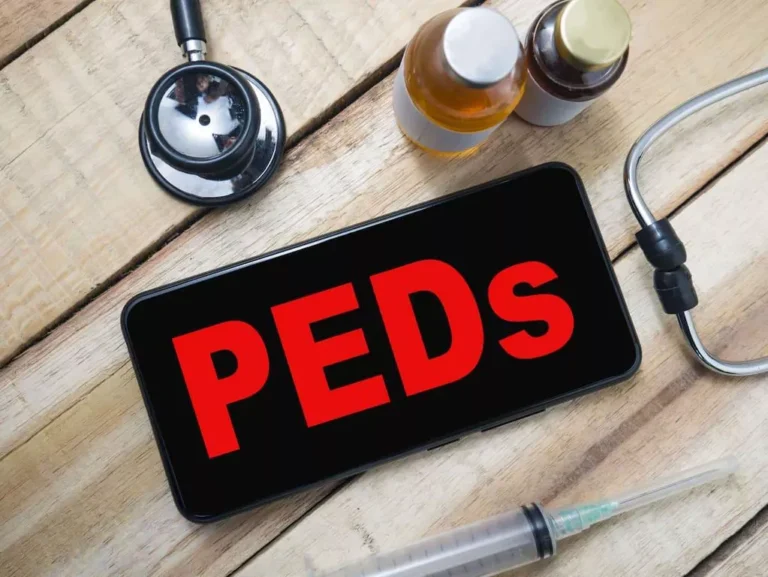
In fact, more than a third (35%) of US adults of legal drinking age participated in Dry January in 2022. That’s according to CGA, a company that researches food and drink. For most people, participating in month-long challenges will provide a range of benefits and little downside, even over the longer term. Mindfulness practice has also been shown to help drinkers to change their drinking.
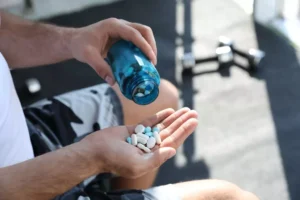
Take note of your mental health
- If you’re trying to shed a few pounds, keeping that goal in mind can be great a list-topper for why you’re quitting booze.
- However, keep in mind that these programs are aimed at social drinkers.
- Alcohol also increases inflammation, which can worsen skin conditions like acne, rosacea, and psoriasis.
- People may seem more accepting or less judgmental, and you might feel you “fit in.” You may convince yourself that experiences are more enjoyable and conversation more relaxed.
And, for some people, the financial savings could be substantial. https://ecosoberhouse.com/ Research has also shown that taking a month-long break from alcohol can be good for the liver. Taking a break from alcohol for an entire month provides one with an opportunity to assess their patterns of alcohol consumption and how it affects them physically and mentally. It gives a person a chance to cultivate alternatives for relaxing, socializing, and coping with stress.
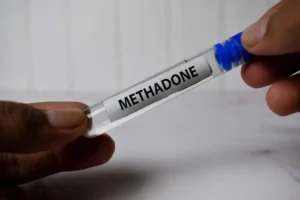
How will my mood or mental clarity change without alcohol?
- So, by quitting, you can actually reduce the risk of inflammation and promote healthier, clearer skin.
- If you’re taking part in an event like FebFast, encourage your friends and family to sponsor you.
- To wake up with a clear head and feeling energetic can be a welcome break.
- I will always remember the days when I stood at the crossroad one block away from my old apartment.
Turning to alcohol when we’re stressed or upset is considered normal or understandable, but alcohol can actually make your mental health worse—and taking a break from alcohol has the opposite effect. In one study, researchers found that participants reported less depression and improved mental health after giving up drinking taking a break from alcohol for six months. After 90 days without alcohol, your brain starts to rebalance itself. Many individuals report a reduction in anxiety and stress, and they experience greater emotional stability. By eliminating alcohol, you’re giving your brain the chance to recover, which often leads to better mental health and an improved ability to manage stress naturally.
Tips to change your relationship with alcohol
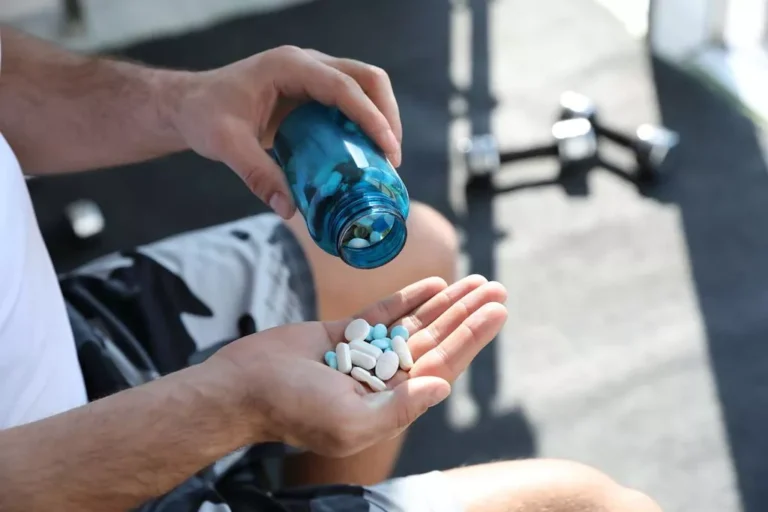
Don’t drink on an empty stomach, because you’ll feel intoxicated more quickly. That can lower your inhibitions and break your resolve to stick to lower amounts of alcohol, Dr. Kelly says. Drinking with a meal slows alcohol absorption and appears to minimize the drug’s health risks. And as research turns up new evidence about alcohol, many people are considering the benefits of drinking less, even if they’re not ready to stop imbibing entirely. Whether you are stopping for good, or just having some time off, Substance abuse it’s a good idea to be prepared for the changes you could see.
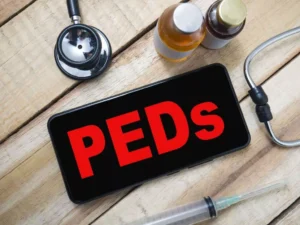
- Events like FebFast can encourage and support these good intentions.
- “Because you may sleep more deeply when not drinking, you may notice waking up feeling sharper and more refreshed the next day,” he adds.
- Of all your body’s organs, your liver takes the biggest hit when it comes to alcohol.
- It included just 16 people who had been in the habit of drinking about two drinks per day on average.
These symptoms can vary in intensity depending on how much and how often you typically drink. Sometimes, treatment means evidence-based therapy with a trained addiction counselor. Another risk is that you could actually intensify alcohol dependence.
If your vacation from alcohol is temporary, proceed with caution when you start drinking again. “Even moderate drinkers who stop drinking for two months tend to overdrink when they start again,” Dr. Koob says. Nobody really knows why, he says, but it seems to be some kind of overcompensation for the time you lost. It may be that your drinking habits calm down after the novelty of celebrating a month or two of sobriety wears off, but Dr. Koob says it’s important to keep it on your radar so you can avoid overdoing it. So, SELF connected with experts to find out what actually happens to your body when you go sober.
